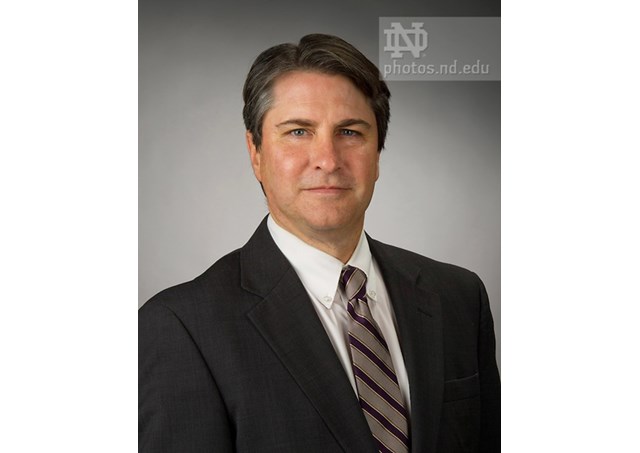
New Encyclical challenges all to examine assumptions

(Vatican Radio) “How ought we to order our lives together?” This is the basic question of political philosophy, and it is a question with global and even cosmic implications. The Encyclical letter of Pope Francis, Laudato si' - "Praise be to You, Lord" - published on Thursday, calls on all persons of good will to consider the duty to care for creation as an integral part of our common life.
Prof. Patrick Deneen, who teaches political philosophy at the University of Notre Dame in South Bend, Indiana, USA, told Vatican Radio the new teaching document presents itself as one written with the intention of reaching beyond the confines of the institutional Church, and engaging people with different sets of basic presuppositions and commitments in the political, social and spiritual spheres. “I think it has a lot of relevance to those, who think about these kinds of issues – issues of environmentalism, nature, the human relationship to the natural world, in the same sort of genre as a political philosopher would think about them,” he said.
Click below to hear our extended conversation with Prof. patrick Deneen of Notre Dame University
Deneen went on to explain that the Encyclical presents a way of thinking, rather than a set of specific policy proposals. “The theme that runs through [the Encyclical] is, I think, a very Aristotelian theme – not surprisingly – a Thomistic and Aristotelian theme: how human beings live in and with and through nature, in ways that do not fall into what Pope Francis calls, again and again, the twin temptations of, on the one hand, viewing human beings as separate from nature in our capacity to dominate nature, [and] on the other side, a kind of anti-humanism which regards human beings as equally foreign to nature, but now as a kind of virus that has to – in some ways – be eliminated.”
To the extent the encyclical is concerned with questions of governance, Deneen said that the letter is concerned primarily with self-governance. “Pope Francis is here, in this Encyclical, calling for a kind of self-control and a self-mastery of our impulse to treat the world in a utilitarian fashion, to treat nature in a utilitarian fashion.” This way of thinking, Deneen explained, is one that encompasses different areas of human activity. “If you translate that teaching in regard to the human body, you could say this is the exact same teaching as we hear in regard to contraception and to abortion: that we shouldn’t treat the human body and natural processes in a utilitarian way, in which we master and dominate those processes.”
What are Deneen’s hopes for the Encyclical’s reception in public intellectual life? “Read the document first,” he said. “Try to think about it and challenge oneself,” he continued. “If one finds oneself resisting it, [he should ask], ‘Why am I resisting it, and in what ways do the areas in which I agree with the Church’s teaching actually call on me to have a consistent understanding of the Church’s teaching where this Encyclical is concerned?’ and I would say the same, vice versa, to those who are very excited about this Encyclical, and maybe less excited about some of the social teachings in the area of sexual morality.”
Deneen concluded, saying, “It seems to me that the social teaching of Catholicism is consistent, and ultimately is going to challenge people in ways that will cut across various kinds of partisan lines.”
| All the contents on this site are copyrighted ©. |


